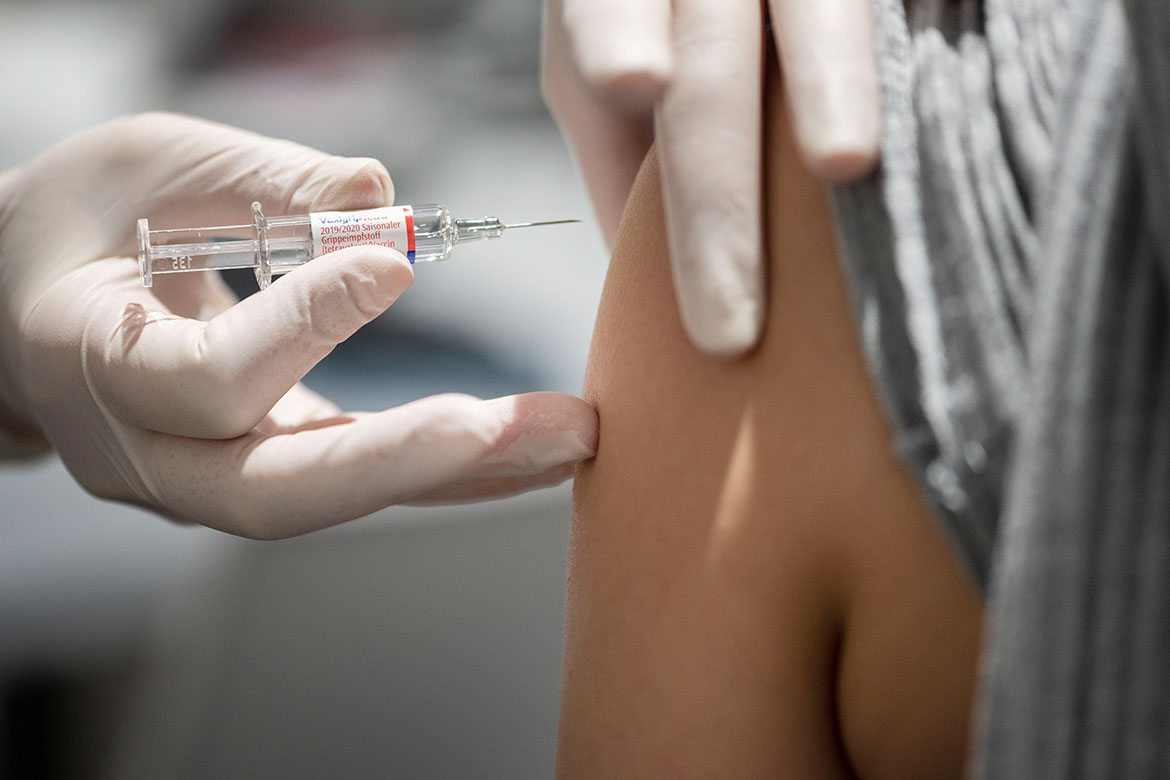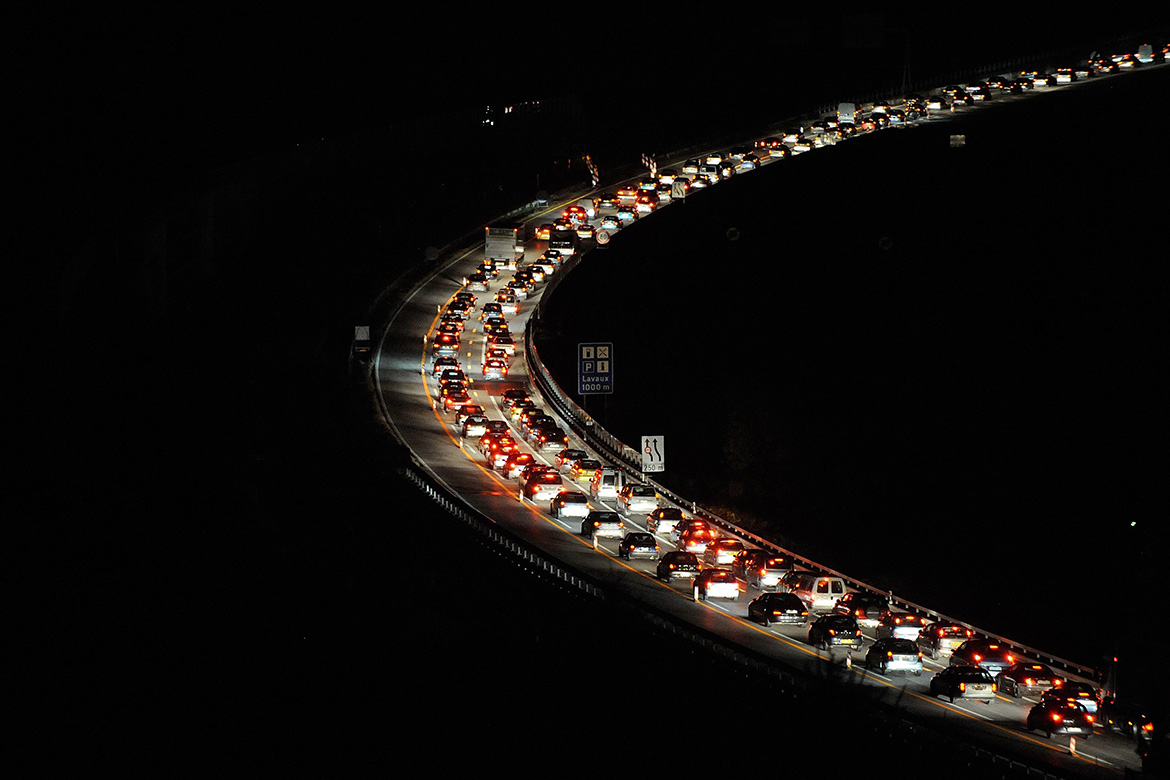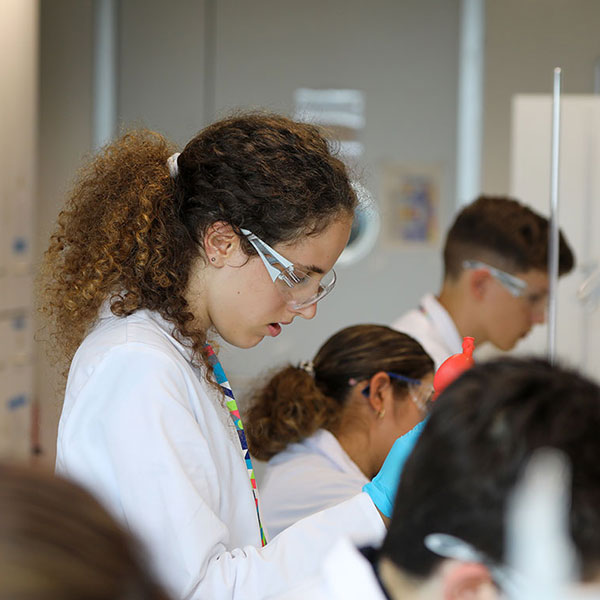VACCINES
Lessons learnt from weak immune systems
People with suppressed immune systems create a surprising variety of antibodies against flu viruses. Researchers think this could offer a path to creating better vaccines for this high-risk group.

Every year, a new flu vaccine is needed. Antibodies from people with suppressed immune systems could perhaps help us to develop more long-term protection. | Image: Christian Beutler/Keystone
The flu jab is an annual event by necessity for elderly people and those with suppressed immune systems. They are especially vulnerable, and are at risk of serious illness if they catch the flu. But the flu virus itself mutates, and so the vaccine has to be adapted accordingly and re-administered every year. Cédric Hirzel, an internist and specialist in infectious diseases at the Insel Hospital in Bern, has now found a different approach for providing better, longer-term protection to this ever-growing risk group. To this end, he has to stimulate an immune response to the stable structures of the virus.
While stationed at the University of Toronto, Hirzel analysed the serum samples of 120 patients whose immune system had been suppressed because of having received an organ transplant. A third of them had overcome an infection with a flu virus of the type H1N1, a third had overcome H3N2, and the other third had been given a flu vaccine. Normally, doctors will only measure the antibodies against a specific protein on the surface of the virus in order to determine whether a patient is immune to a flu infection. But Hirzel wanted to see if there was an immune response to any other structures of the pathogen.
In contrast to the people who had been vaccinated, the immune-suppressed patients had formed antibodies against many different structures of the virus after being infected with the flu. “That surprised us. We hadn’t expected such a broad immune response among these patients”, says Hirzel. Above all, he was struck by the fact that the immunosuppressed patients had also formed antibodies against the stable components of the virus that do not change from year to year. “If we could also succeed in developing effective vaccines from these structures, perhaps long-term protection might become possible”, says Hirzel.




